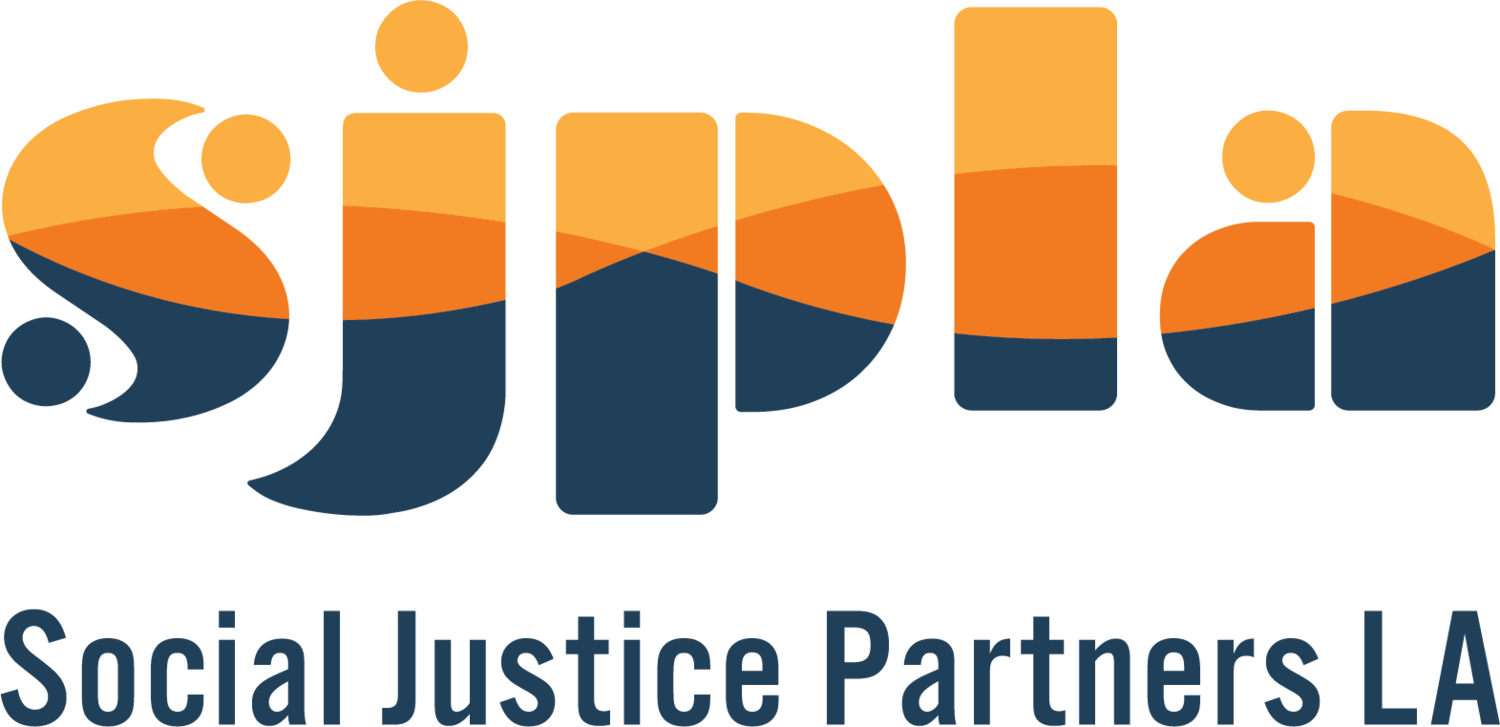Is Your Initiative Systems Change Focused?
Every year, we receive dozens of applications for our Systems Change Fellowship program (formerly known as the Systems Change Accelerator). And one question that often crops up in the application process is, "Is my initiative Systems Change focused?" Understanding the difference between direct service and systems change can be complex, but it's essential to understand if you are tackling the root causes of social problems.
What is Systems Change?
There are various definitions of systems change, most which acknowledge systems change as the process of addressing the root causes of social issues. At Social Justice Partners Los Angeles, we define systems change as work that addresses the root causes of injustice by engaging people across the system to shift power, policy, and mindsets. As distinct from direct service work, systems change work acknowledges the problem's complex history and improves the lives of the people most impacted by the issue for the long term. By contrast, direct services often provide much-needed individual-level support, such as temporary or permanent housing, mentoring, training, or food banks.
Direct Service vs. Systems Change: Examples in Real Life
Let's compare direct service and systems change in various contexts.
In the realm of homelessness, direct service initiatives might involve moving individuals into permanent housing or providing food and shelter programs. In contrast, systems change work in this area could involve removing barriers to public housing admission based on criminal records, or passing bond measures for billions of dollars to create more permanent supportive housing.
When we look at education, direct service might be seen in 1:1 mentoring programs or after-school programs. Systems change in education, however, involves working with school districts to shift their educational structures or reformulating delivery of education to align with changing workforce landscapes.
Determining If Your Work is Systems Change Focused
So, how can you tell if your work is systems change focused? Look at the chart below. If you find your work aligning more with the systems change column, distinct from the direct service column, it’s probably systems change.
Direct Service
Treats the problem’s symptoms
Alleviates immediate needs
Serves individuals or groups one at a time
Results seen in a shorter, defined time frame
Relief relies on an individual continuing to utilize the organization’s service
Examples: temporary or permanent housing, food banks, mentoring, training, counseling
Systems Change
Addresses underlying core causes of the problem
Eradicates the problem permanently
Impacts a broader community all at once
Results seen over a long, undefined time frame
Creates community shifts that will cause the organization’s service to be unneeded over time
Examples: policy change, community organizing, campaigns to shift public perception
Direct Service and Systems Change
Direct service plays a critical role in providing immediate relief to those in need. However, systems change is needed in tandem with direct services to change the systems that perpetuate these needs. It's the difference between providing medical treatment for people with asthma in a community with polluted air (direct service) and organizing in the community to regulate bus emissions (systems change).
So, is your initiative systems change focused? If you're working to create social change by shifting the distribution or delivery of resources, changing laws or regulations, or changing behaviors within a group that will eventually render your work unnecessary, you're engaged in systems change.
If you're interested in supporting systems change initiatives, consider sponsoring the Systems Change Fellowship. Your support can enable us to further our mission of fostering initiatives that tackle the root causes of social issues, driving lasting and transformative change in our society.
Tackling the root causes of complex social problems requires systemic thinking. Whether you're an aspiring changemaker or a supporter of transformative initiatives, we invite you to join us on this journey of lasting change.






























Billy Taing (he/him)